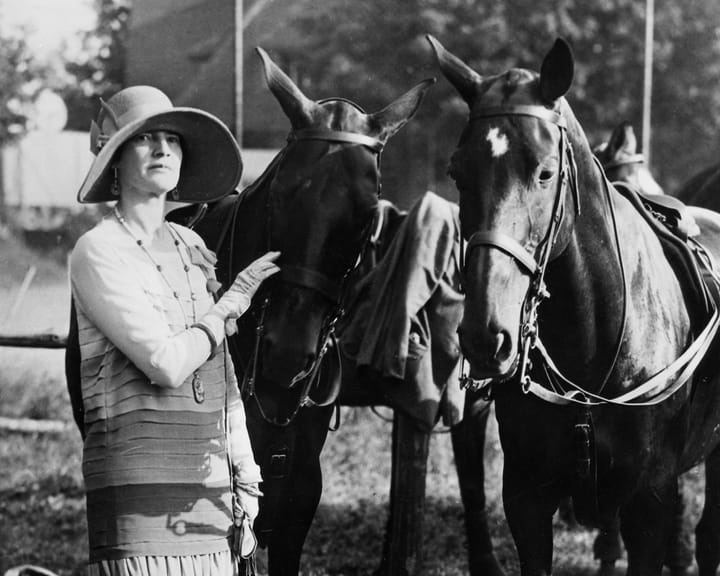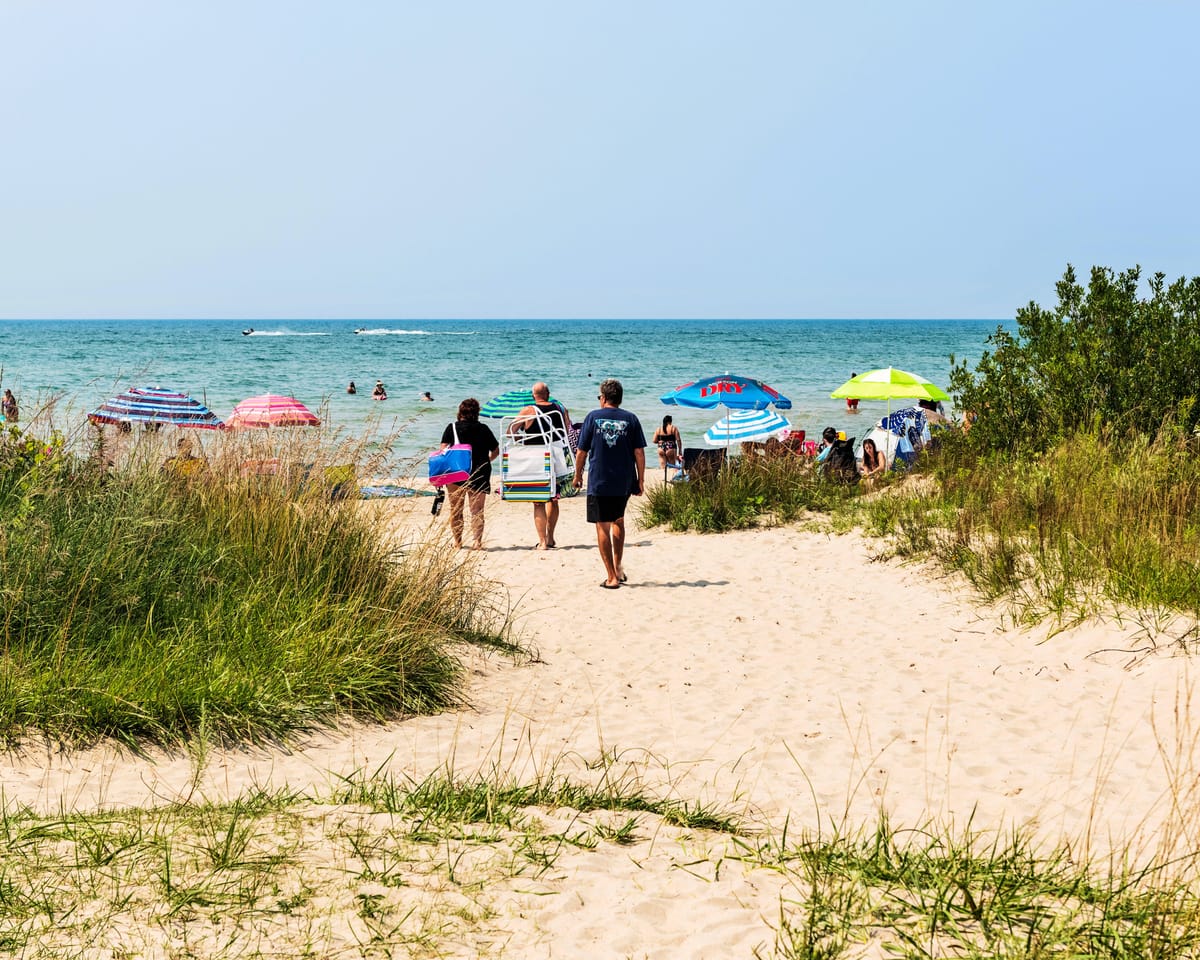A portion of beachfront will be restored to a First Nation in Canada after being mistakenly excluded from its reserve 170 years ago. The small strip of land, less than two miles in length, has been the center of a major dispute, with a neighboring resort town arguing the ruling could set a significant precedent for property rights in the country.
Canada’s highest court declined on Thursday to consider an appeal from the town of South Bruce Peninsula, which contested a lower court’s decision that the Saugeen First Nation’s reserve had been improperly reduced in size.
The town had argued before the court that upholding the Saugeens' claim would "risk creating instability within Canada’s land ownership system." Lawyers for the First Nation countered that the case revolved solely around interpreting the terms of a treaty—and the intended boundaries of their reserve under that agreement.
At the heart of the conflict is a stretch of shoreline located 140 km from Toronto, a popular summer destination for visitors drawn to the clear waters of Lake Huron.
For years, the Saugeen First Nation has maintained that their reserve’s official map incorrectly left out a 1.5-mile section of beach guaranteed to them in an 1854 treaty with the Crown.
In 2014, a resolution appeared close when the First Nation and local officials agreed that the Saugeen would hold legal title to the land, while management of the beach would be shared with the town. Federal and provincial authorities also committed a one-time payment of C$5 million (US$3.6 million) to the municipality to cover related costs.
However, during that year’s municipal elections, candidates for mayor vowed to overturn the agreement, reigniting the legal battle—a decision that ultimately led to substantial legal expenses for the town.
Two years ago, a court ruled in favor of the Saugeen, a decision later upheld on appeal. Earlier this year, signage at the beach was updated to reflect the name "Saugeen Beach," a change the First Nation described as a crucial step in reclaiming their heritage.
Representatives for the town and private landowners have described the Saugeen’s legal victories as unprecedented, expressing concern that the case could encourage similar claims across Canada.
The town’s legal filing emphasized the significance of the matter, stating that Indigenous land claims involving private property will likely become more frequent in the coming years.
Nuri Frame, legal counsel for the Saugeen, countered that the case is focused narrowly on ensuring the correct boundaries of reserve land promised under treaty obligations.
Read next

"TikTok star highlights political power of South Africa's unsung culinary treasures"
Solly’s Corner, a popular eatery in downtown Johannesburg, was busy. Pieces of hake and crisp fries crackled in the fryer, green chillies were chopped, and generous amounts of homemade sauce were spread onto filled sandwiches.
Broadcaster and food enthusiast Nick Hamman stepped behind the counter, where Yoonas and Mohammed

Nazi-looted 18th-century portrait found in Argentina after 80 years
There was nothing particularly unusual about the middle-aged couple living in the low, stone-covered villa on Calle Padre Cardiel, a quiet street in the tree-lined Parque Luro neighborhood of Mar del Plata, Argentina’s most well-known coastal city.
Patricia Kadgien, 58, was originally from Buenos Aires, roughly five hours north.

"An aristocrat hid her Jewish lover in a sofa bed amid daring acts of German resistance to the Nazis"
Resistance in the Shadows: Germans Who Defied the Nazis
Growing up, our home had a steadfast rule: nothing German was permitted. No appliances from German manufacturers in the kitchen, no cars from German automakers in the driveway. The decree came from my mother. She was not a survivor of the

